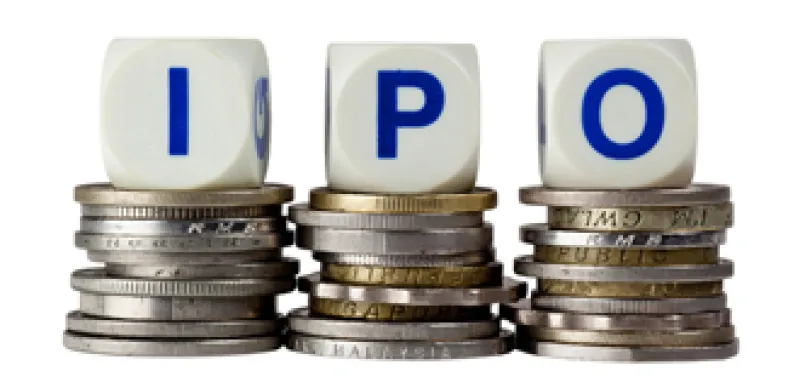
Japan's Disaster Dampens Global IPO Market
One of the victims of Japan’s Tsunami was somewhat unexpected: The Global IPO market. Investors worldwide fear a sharp post-offering slide.
Udayan Gupta
March 21, 2011


